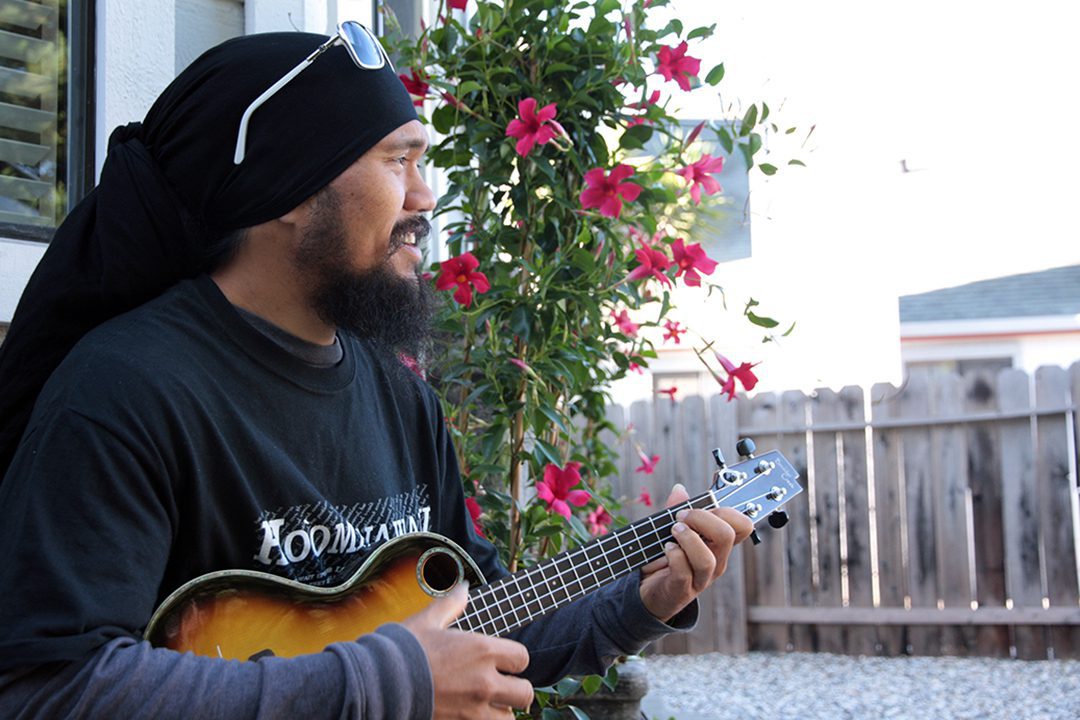Listen to this article
Listen to this article
Loading
Play
Pause
Options
0:00
-:--
1x
Playback Speed- 0.5
- 0.6
- 0.7
- 0.8
- 0.9
- 1
- 1.1
- 1.2
- 1.3
- 1.5
- 2
Audio Language
- English
- French
- German
- Italian
- Spanish
Open text
on the corner “stress—deal with it”. by robert docter, editor-in-chief. a corps officer’s life is probably one of the most complex, demanding, exhausting, confusing, multi-tasking jobs i can think of. i’m not sure it’s possible to “train” cadets completely for this job. much of it they will have to grow into. our corps has had some great officers. those red epaulets and red-backed “s’s” can introduce different patterns of internal and external assessment, different expectations of self and by others. inasmuch as their job parallels that of an itinerant pastor, youth leader, pr person, custodian, fundraiser, administrator, social worker (etc. etc. etc.) in a different location every three to five years, they definitely learn about change. change introduces stress. it can’t be avoided—only managed. everybody feels stress in one form or another. so, too, do their soldiers. what do you do with your stress? how’s your self-awareness? i hope the corps officers learn a lot about themselves before they get to me. that means they are self-aware—they know what’s going on inside them. that, also, means they have some insight into the kind of behavior to resist and what to stimulate; how to deal with non-productive feelings; how to cope with complaints, criticism and praise; how to present a positive appearance even though feelings trigger a negative pattern of hostility or defensiveness; and how to be genuine with their behavior in relation to their spirituality. while your talents are satisfactory, your pulpit teaching excellent, your management of finances sound—corps officers rise or fall on the quality of their interpersonal style. how do you get along with people? how do others think you come across? rigid or flexible. reserved or friendly. closed or open. fake or genuine. lazy or energetic. have you ever sought feedback? stress is a feeling of impending loss of control, as we react to various situations. do you know how you tend to react to stress? does your present interpersonal style allow you the joy of an easy relationship with anyone? how do you handle confrontation? do you regularly find yourself in a defensive posture? do you argue with those who hold different points of view? are you always right? do you always have all the answers? do you move to being non-responsive, silent in the face of disagreements? do you get depressed easily, down, blue, withdrawn? do you get angry, judgmental, emotionally agitated in disagreements? some stress is very helpful. basically, stress is part of our fight or flight response. as we are alerted that our body is threatened in some way, certain signals are flashed to the nervous system that triggers an increased production of adrenaline and cortisol into the bloodstream. our heart rate increases as does our breathing. blood vessels open up; pupils dilate. you are now ready for a quick response and you follow your impulses—fight or flight. if you call upon this response mechanism too often, you are forced to maintain a high stress level. if you carry significant stress levels often, worry a lot, have difficulty sleeping, find yourself confronted by unpleasantness regularly, allow your mind to “run away with itself” so that you have high anxiety, make snap judgments about the worth of others —you’ve got stress problems. there are some simple things you need to do:. regulate your thinking: your attitude, the way you see the world around you, shapes defensiveness, escalates fear and demands a response. it’s called “stress.”. reframe your meaning of change: it doesn’t mean you’re a failure if you’re ordered to a different or smaller corps. abandon perfectionism: no one is perfect—especially you. nobody expects you to be perfect. treat your body kindly: eat well, sleep enough, exercise regularly but not compulsively, keep your mind active in positive ways. finish unfinished business in a timely manner: unfinished business clutters the mind and increases the worry that you’re going to forget something. know how to relax: learn various procedures from the internet. look it up. do it. grow in faith through increasing your trust: keep god in the act.
Open context player
Close context player
Plays:-Audio plays count
on the corner “stress—deal with it”. by robert docter, editor-in-chief. a corps officer’s life is probably one of the most complex, demanding, exhausting, confusing, multi-tasking jobs i can think of. i’m not sure it’s possible to “train” cadets completely for this job. much of it they will have to grow into. our corps has had some great officers. those red epaulets and red-backed “s’s” can introduce different patterns of internal and external assessment, different expectations of self and by others. inasmuch as their job parallels that of an itinerant pastor, youth leader, pr person, custodian, fundraiser, administrator, social worker (etc. etc. etc.) in a different location every three to five years, they definitely learn about change. change introduces stress. it can’t be avoided—only managed. everybody feels stress in one form or another. so, too, do their soldiers. what do you do with your stress? how’s your self-awareness? i hope the corps officers learn a lot about themselves before they get to me. that means they are self-aware—they know what’s going on inside them. that, also, means they have some insight into the kind of behavior to resist and what to stimulate; how to deal with non-productive feelings; how to cope with complaints, criticism and praise; how to present a positive appearance even though feelings trigger a negative pattern of hostility or defensiveness; and how to be genuine with their behavior in relation to their spirituality. while your talents are satisfactory, your pulpit teaching excellent, your management of finances sound—corps officers rise or fall on the quality of their interpersonal style. how do you get along with people? how do others think you come across? rigid or flexible. reserved or friendly. closed or open. fake or genuine. lazy or energetic. have you ever sought feedback? stress is a feeling of impending loss of control, as we react to various situations. do you know how you tend to react to stress? does your present interpersonal style allow you the joy of an easy relationship with anyone? how do you handle confrontation? do you regularly find yourself in a defensive posture? do you argue with those who hold different points of view? are you always right? do you always have all the answers? do you move to being non-responsive, silent in the face of disagreements? do you get depressed easily, down, blue, withdrawn? do you get angry, judgmental, emotionally agitated in disagreements? some stress is very helpful. basically, stress is part of our fight or flight response. as we are alerted that our body is threatened in some way, certain signals are flashed to the nervous system that triggers an increased production of adrenaline and cortisol into the bloodstream. our heart rate increases as does our breathing. blood vessels open up; pupils dilate. you are now ready for a quick response and you follow your impulses—fight or flight. if you call upon this response mechanism too often, you are forced to maintain a high stress level. if you carry significant stress levels often, worry a lot, have difficulty sleeping, find yourself confronted by unpleasantness regularly, allow your mind to “run away with itself” so that you have high anxiety, make snap judgments about the worth of others —you’ve got stress problems. there are some simple things you need to do:. regulate your thinking: your attitude, the way you see the world around you, shapes defensiveness, escalates fear and demands a response. it’s called “stress.”. reframe your meaning of change: it doesn’t mean you’re a failure if you’re ordered to a different or smaller corps. abandon perfectionism: no one is perfect—especially you. nobody expects you to be perfect. treat your body kindly: eat well, sleep enough, exercise regularly but not compulsively, keep your mind active in positive ways. finish unfinished business in a timely manner: unfinished business clutters the mind and increases the worry that you’re going to forget something. know how to relax: learn various procedures from the internet. look it up. do it. grow in faith through increasing your trust: keep god in the act.
Listen to this article












